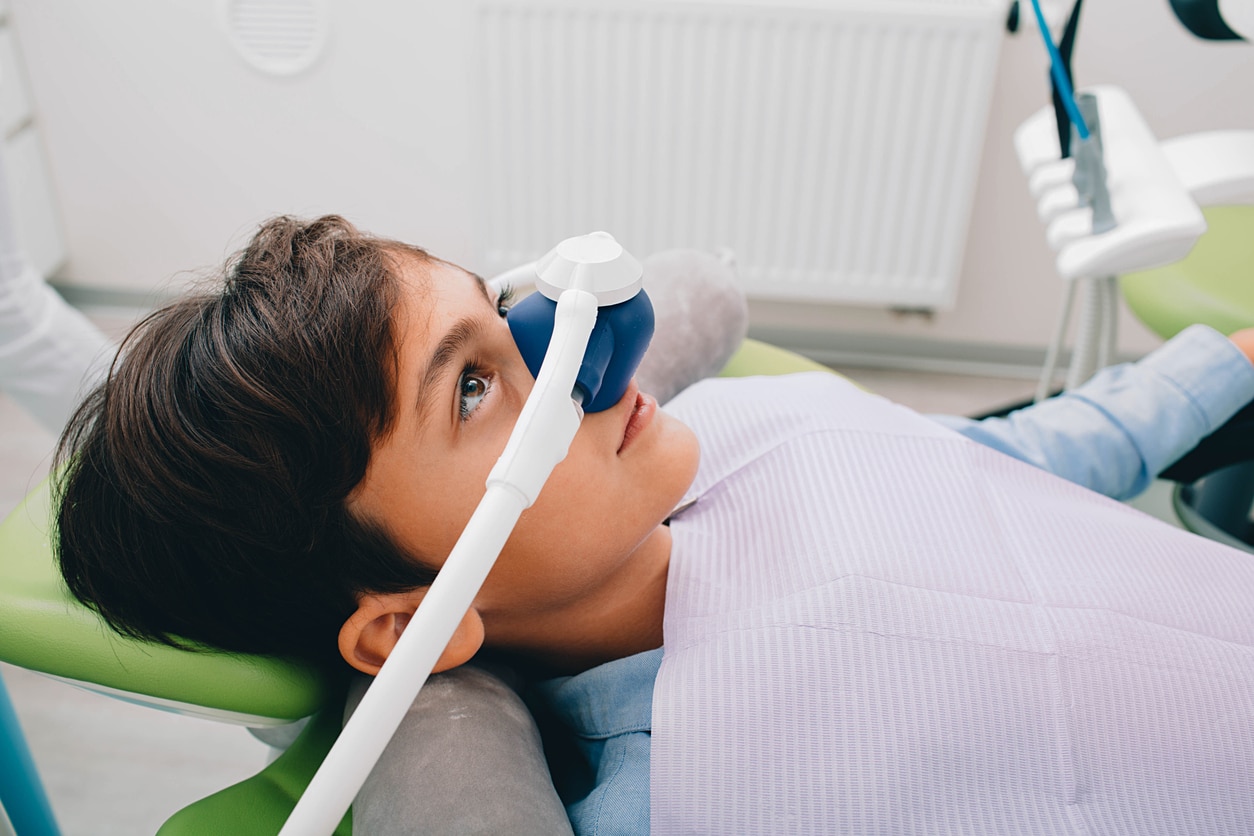Dental anxiety is a common issue affecting millions of people, preventing them from seeking necessary dental care. Whether due to past experiences, fear of pain, or general anxiety, avoiding the dentist can lead to severe oral health issues. Fortunately, sedation dentistry offers a solution for those who feel uneasy about dental visits. In this guide, we will explore how sedation dentistry works, its benefits, and whether it might be the right option for you.
Understanding Dental Anxiety
Dental anxiety can stem from various factors, including:
- Fear of Pain – A common concern, especially for individuals with past negative experiences.
- Loss of Control – Feeling vulnerable while sitting in a dentist’s chair can trigger anxiety.
- Embarrassment – Some people feel self-conscious about the condition of their teeth.
- Previous Trauma – Bad experiences as a child or adult can cause long-term dental fear.
If you experience any of these concerns, sedation dentistry may provide a stress-free way to receive the dental care you need.
What Is Sedation Dentistry?
Sedation dentistry uses medication to help patients relax during dental procedures. It is sometimes called sleep dentistry, although most sedation methods keep patients awake but relaxed. There are several levels of sedation:
1. Minimal Sedation
- The patient remains awake but calm.
- Administered through inhaled gas (nitrous oxide) or oral medication.
2. Moderate Sedation
- Patients may slur words and have little memory of the procedure.
- Typically given orally or intravenously.
3. Deep Sedation
- The patient is on the edge of consciousness but can be awakened.
- Usually provided through IV sedation.
4. General Anesthesia
- The patient is completely unconscious.
- Reserved for complex procedures.

Types of Sedation Used in Dentistry
Nitrous Oxide (Laughing Gas)
- Mild sedation inhaled through a mask.
- Takes effect quickly and wears off fast, allowing patients to drive home after the procedure.
- Best for patients with mild anxiety.
Oral Sedation
- A pill taken before the appointment.
- Creates a moderate level of sedation where the patient remains awake but relaxed.
- Often used for patients with moderate anxiety.
IV Sedation
- Administered directly into the bloodstream for a deeper level of relaxation.
- Ideal for patients undergoing longer or more complex dental procedures.
General Anesthesia
- Used for extensive surgical procedures.
- Patients remain fully unconscious and require monitoring during and after the procedure.
For more information about sedation dentistry, check out “The Importance of Regular Dental Checkups for Long-Term Oral Health”.
Who Can Benefit from Sedation Dentistry?
Sedation dentistry is beneficial for:
- Patients with severe dental anxiety.
- Individuals undergoing lengthy or complex procedures.
- People with a strong gag reflex.
- Those with sensitive teeth or difficulty sitting still.
- Patients who require multiple procedures in one visit.
If you fall into any of these categories, sedation dentistry could make your next dental visit more comfortable and stress-free.
Benefits of Sedation Dentistry
1. Reduces Anxiety and Fear
Sedation creates a calm and relaxed state, allowing anxious patients to receive necessary care without fear.
2. Painless Dental Procedures
Many sedatives have pain-relieving properties, making procedures much more comfortable.
3. Faster and More Efficient Treatment
With patients relaxed, dentists can complete procedures more efficiently, sometimes performing multiple treatments in one visit.
4. Little to No Memory of the Procedure
For patients with severe anxiety, forgetting the details of their treatment can be a relief.
5. Improved Oral Health
By overcoming dental anxiety, patients are more likely to attend regular dental visits, preventing long-term oral health problems.
Is Sedation Dentistry Safe?
Yes! When administered by trained professionals, sedation dentistry is safe. Before undergoing sedation, your dentist will:
- Review your medical history.
- Discuss potential risks and benefits.
- Ensure you are a suitable candidate based on your health and medications.
For more information on other advanced dental solutions, read “The Complete Guide to Dental Implants: What You Need to Know”.
Preparing for a Sedation Dentistry Appointment
If you decide to proceed with sedation dentistry, here are some steps to prepare:
- Follow Fasting Instructions – Some types of sedation require an empty stomach.
- Arrange Transportation – Certain sedation methods require someone to drive you home.
- Wear Comfortable Clothing – Relaxed attire can help keep you at ease.
- Discuss Any Medications – Inform your dentist of any prescriptions you are taking.
Take Control of Your Dental Health Today
Dental anxiety should never prevent you from achieving optimal oral health. Sedation dentistry offers a safe, effective, and pain-free way to receive necessary treatments. Whether you’re overdue for a checkup or require a complex procedure, sedation can help you feel more at ease.
Ready to experience stress-free dental care? Contact your dentist today to discuss your sedation options and take the first step toward better oral health.















